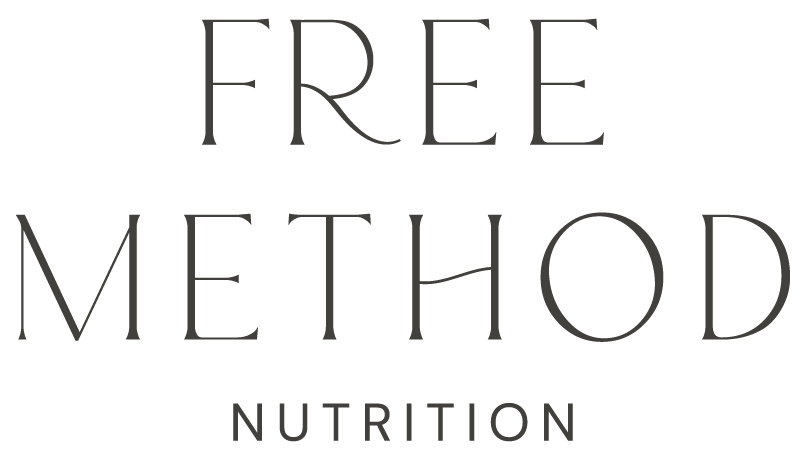An Inside Look at Intermittent Fasting
Intermittent fasting has been all the rage these past few years. But, it has actually been around for a while. Fasting is not a new trend - it’s been a part of cultural and religious traditions for hundreds of years.
Out of all the diet questions I get, questions about intermittent fasting hits the top of that list. We see it everywhere, at local gyms, social media and at the office, but it’s hard to navigate the fact from the fiction.
So before I tell you what the research tells us about intermittent fasting, let’s talk through what it is:
Intermittent fasting consists of eating food during a period of the day and fasting during a period of the day. There are various methods to following an eating pattern of intermittent fasting. One method involves eating during a specific window of time and abstaining from food the other hours, while another method involves eating a calorie-restricted limit of food on certain days and eating a regular, healthy diet on the other days. One method even involves days of complete fasting followed by days of regular, healthy food consumption.
Alright so it sounds like the best of both worlds? The have your cake and eat it too kind of world? Hold that thought...
Although you may find some claims out there promoting intermittent fasting, the research to fully support those claims is sparse.
Here’s what the research has to say -
Intermittent fasting is not recommended for women, as it may lead to disruption in hormones. What that means is it may result in irregular periods, infertility or other negative health effects (1, 2)
Intermittent fasting is not recommended if you are pregnant or breastfeeding, as it can lead to nutritional deficiencies and problems with fetal development.
Intermittent fasting is not recommended for anyone with a history of an eating disorder. Like with any diet, unnecessary restriction can increase the likelihood for eating disorder behaviors to resurface.
Intermittent fasting is also not recommended for people with diabetes, children or teenagers.
Another thing to note about intermittent fasting is it is training you to ignore your body’s natural hunger and fullness cues by having specific “feeding” and “fasting” windows. Our bodies are very smart. They keep us alive, which is pretty impressive. So an eating pattern that teaches us to go against our body is not setting us up for a long-lasting, healthy relationship with our body.
And I get it, learning to listen to and honor your body’s hunger and fullness cues can be hard, especially if you have been yo-yo dieting for a while. But with the help of a non-diet Registered Dietitian Nutrition, you can connect back with your body in that way.

